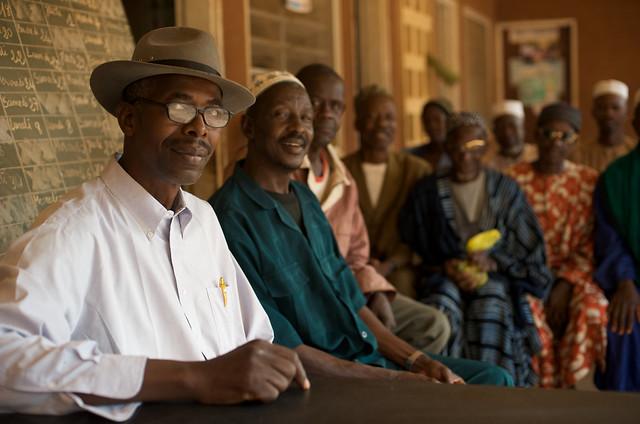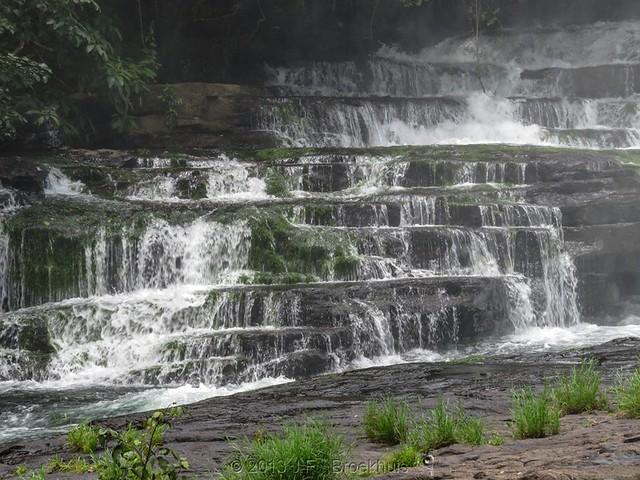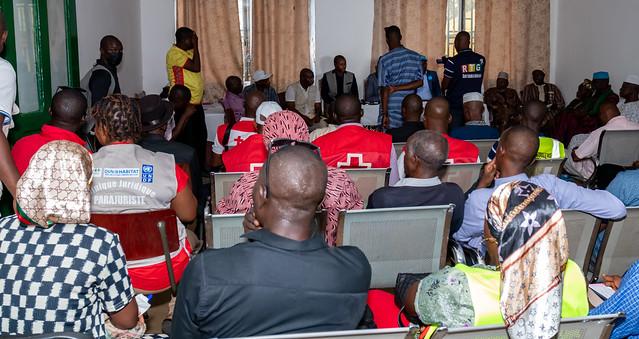Mamou Prefecture
Overview
Mamou Prefecture, Guinea: A Travel Guide for Teenagers
Overview:
Mamou Prefecture is a vibrant region located in the central part of Guinea, known for its rich cultural heritage and picturesque landscapes. This area is often referred to as the "Crossroads of Guinea," due to its strategic position linking the coastal regions with the inland areas. The local culture is a delightful mix, reflecting the diversity of the ethnic groups residing here, including the Fulani, Mandinka, and Sousou. Mamou is famous for its music and dance, particularly during local festivals where traditional rhythms like Djembe and Balafon are commonly played. The bustling markets and friendly locals add to the charm of this unique destination, making it an intriguing place for teenagers seeking an authentic experience.
High Season for Tourism:
The best time to visit Mamou Prefecture is during the dry season, which runs from November to February. During this period, the weather is generally cooler and more comfortable for exploring. This is also a fantastic time for outdoor activities such as hiking in the Fouta Djallon highlands, where the terrain is marked by beautiful hills, valleys, and waterfalls. The cooler months also coincide with several local festivals, which are a great opportunity for visitors to immerse themselves in the local culture and festivities. These events showcase traditional music, dance, and food, providing a full cultural immersion.
Preparation for the Trip:
Traveling to Mamou Prefecture requires some preparation to ensure a comfortable and safe trip. Firstly, it's important to check visa requirements and ensure all travel documents are up to date. Vaccinations may be necessary; consult with a travel clinic to get the recommended shots such as yellow fever, and make sure routine vaccinations are current. Packing should include light, breathable clothing for the daytime and warmer layers for cooler evenings. Don't forget to bring good hiking shoes if you plan to explore the natural landscapes. Additionally, learning a few phrases in French, which is the official language, or even some local languages can be very helpful in enhancing your interaction with locals.
How It Becomes to This
History not available

You May Like
Explore other interesting states in Guinea





